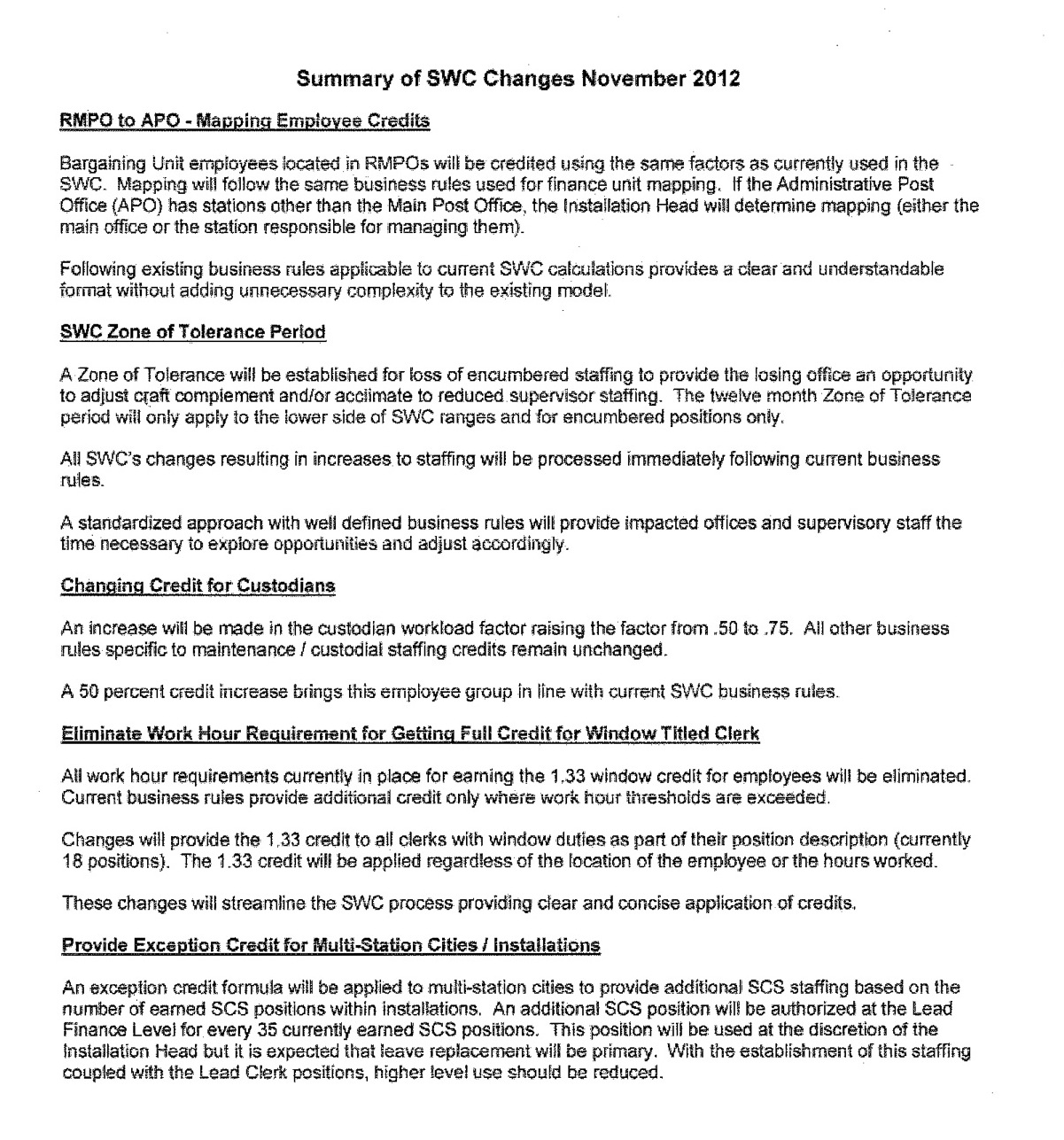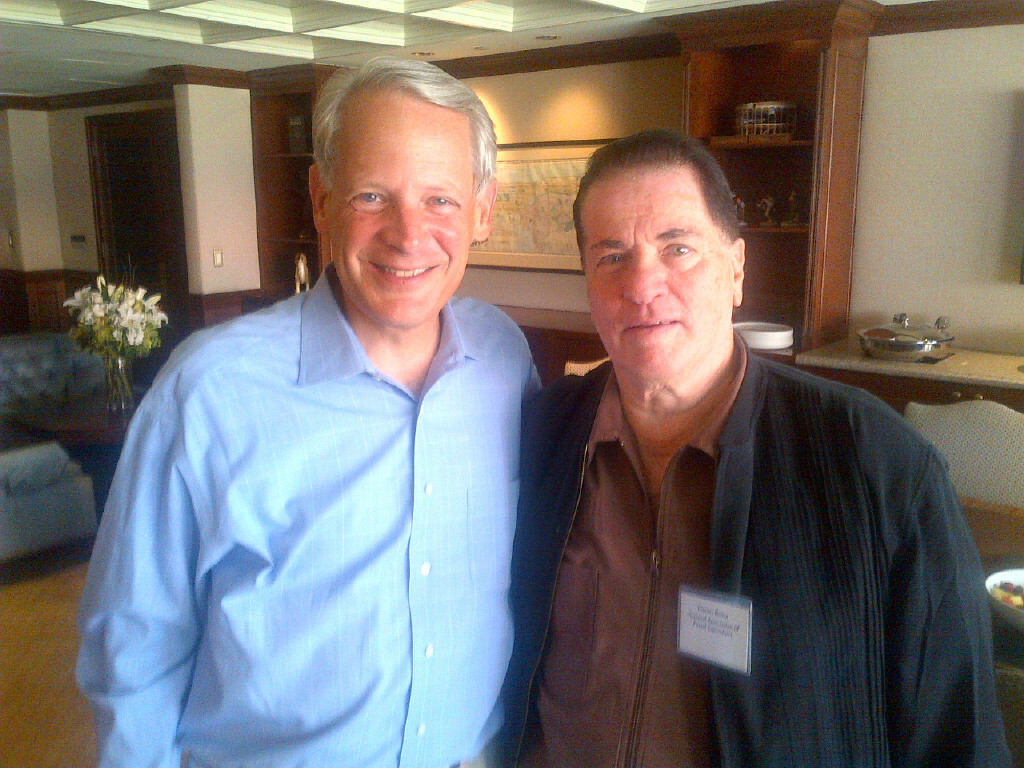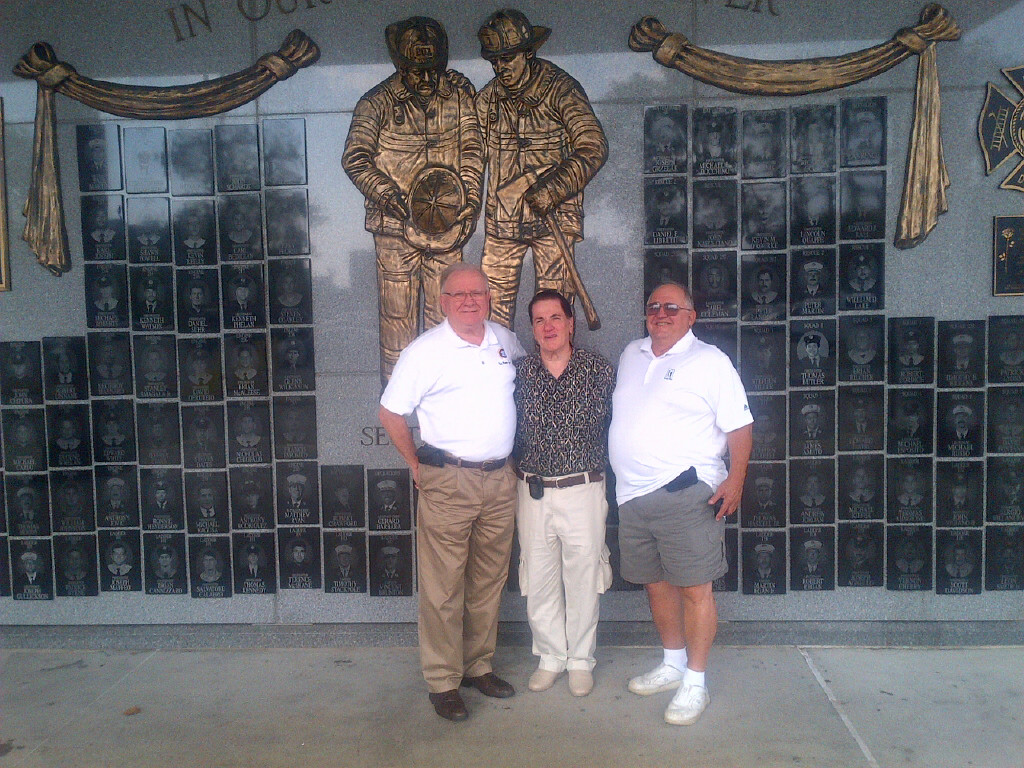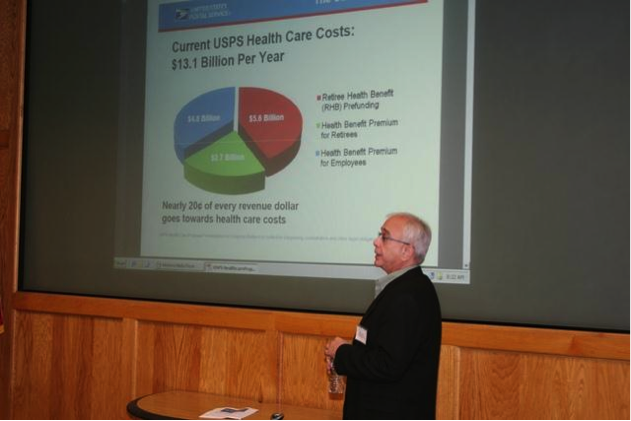NAPS/USPS Consultative Meeting Minutes – November 14, 2012
- in News
1. As a result of the recommendations of the Fact Finding panel, NAPS and the USPS agreed that an evaluation of the following positions would be undertaken for proper leveling:
Supervisor, Maintenance Operations
Supervisor, Maintenance
Supervisor, Transportation
Manager, Transportation
Mail Flow Controller
Supervisor, Vehicle Maintenance
Manager, Vehicle Maintenance
Operations Support Specialist
NAPS would like to be briefed on the status of the evaluations of these positions.
USPS Response: USPS Organizational Effectiveness (OE) has completed the evaluations on the above EAS positions. The OE Office will brief Deborah Giannoni-Jackson VicePresident, Employee Resource Management; and Anthony Vegliante, Chief Human Resources Executive Vice President, next week on the evaluation findings.
There is no specific date set on when NAPS will receive a final decision from USPS HQ regarding the above agenda item. However, NAPS expects a decision soon after the Giannoni-Jackson and Vegliante briefing.
2. NAPS has been advised from the field that there have been changes in the restructuring plans that are moving Plant closures and consolidations from 2013 to 2014.
At our October, 2012 Consultative Meeting we requested an update on the consolidation plans and were advised that there was no information available for release. Once again we are requesting that updates on closures and consolidations be provided to NAPS at the same time the decisions are made that cause a change in plans. We request an update on the current closure and consolidation plans.
USPS Response: After NAPS had submitted this agenda item, NAPS headquarters had contacted COO Megan Brennan on this issue. Therefore, this consultative meeting will not address this issue, since it is already being addressed by Ms. Brennan’s office.





























